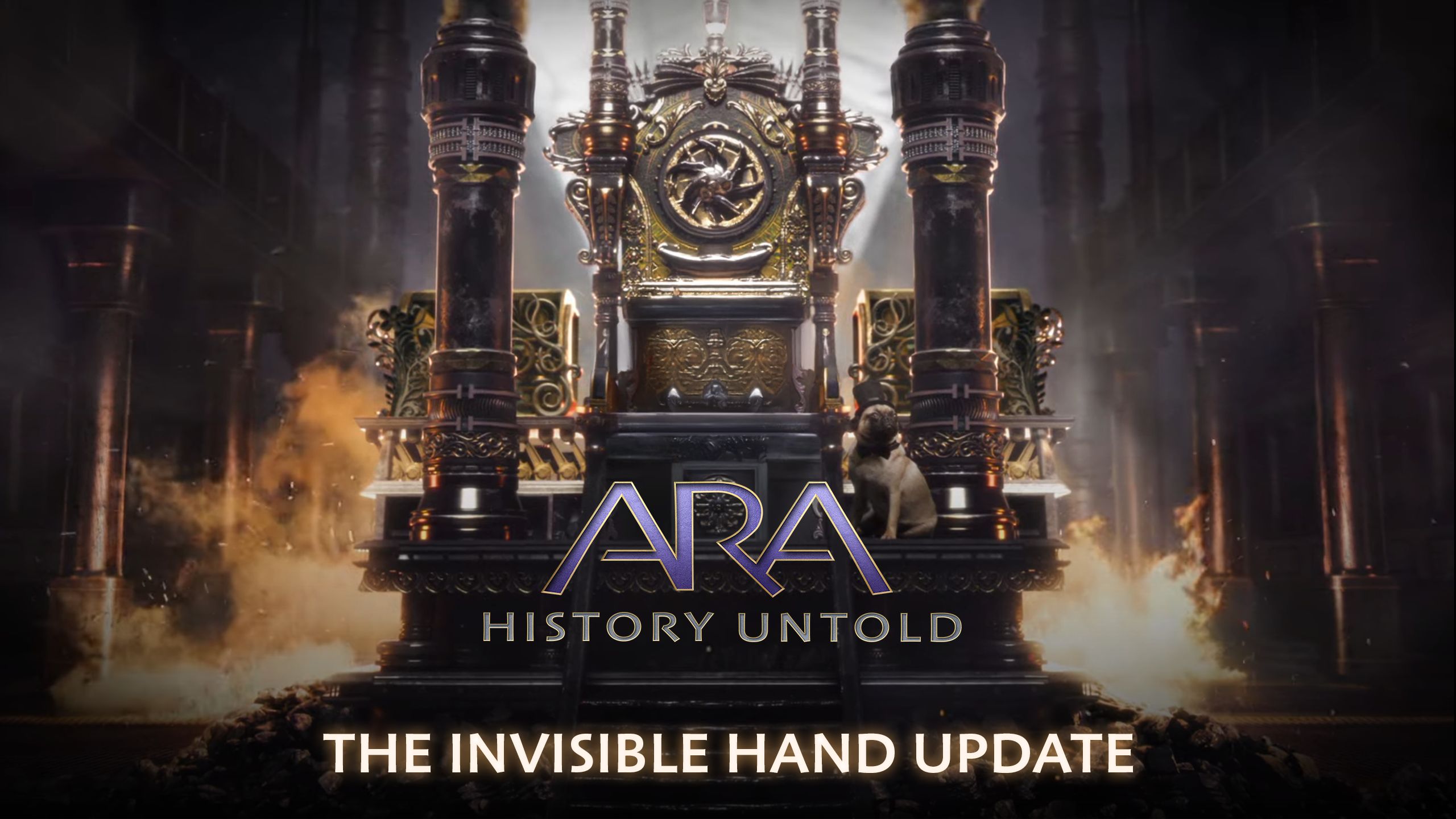Seneca City is a city full of corruption and your job will be to completely eliminate it with the “power” of the dice.
The 80s are a popular time to create a story. Rough Justice: ’84, developed by Gamma Minus UG and published by Daedalic Entertainmentit’s a strategy title which transports us to the 80s and uses ideas inspired by board games.

Corruption in Seneca City
The game universe is inspired by the 80s and its action films (Miami Vice would undoubtedly be its great influence). In this world we have police officers incriminated for less than noble acts and for corruption in the department, which means that there will be many people willing to resort to all kinds of autonomous agents to obtain justice when the government can no longer provide it.
Seneca City, the town of Rough Justice: ’84, may be a fictional town, but the corruption that affects it has many parallels to the real world. SO, we will be tasked with running a new security agency who will be in the crosshairs of a dark association which will try to continue to control the city by all means.
The most interesting part of this universe is the autonomous agents. These are independent contractors that we will hire to work on files for our agency. His characterization, centered on a portrait and a motto, is effective and funny. It’s very easy to build stories around your successes and failures, even if the game has a central narrative thread to work from.
To progress in Rough Justice: ’84, we will direct our agents in taking charge of cases. These are problem groups for which the police do not have the resources. Each type involves different gameplay mechanics and some are more interesting than others.

Gameplay with the rhythm of a board game
In most cases we treat, We will have to roll the dice to resolve the problems that arise. Each situation revolves around one of the character’s five attributes. Their value coincides with the number of dice they can contribute to a roll. We can use limited energy to add more and there are items to boost it. For every roll of the dice, there are critical hits and failures.
Throws can be repeated to mitigate failures, but it can still be quite difficult to pass dice checks reliably in many cases. Completing cases opens the way to more difficult cases and provides bonuses. Agents gain experience and level up, and it is important to specialize. Informants also appear around town, offering more lucrative situations to deal with. World events appear and require players to make decisions that affect all of their agents. and there are also smaller events where only moral decisions are made.

Cases for everyone
24/7 cases do not use dice rolls. In its place, the game selects a mini-game to complete
Operations advance the story and involve more difficult dice challenges linked to clues. Again, it’s important to use the best agent for the job. I only faced them when I had a good amount of money in the bank and was willing to accept a certain level of failure.
I like the variety of cases in Rough Justice: ’84 and the complex dice-based solutions needed to solve them and earn rewards. I really wanted to have an option to skip the mini-game based ones, but there’s no way to progress without doing them.
Even for players who enjoy both dice action and mini-games, the game can get a little repetitive. It’s definitely a game that works better in shorter sessions.

Technical and sound section
Without a doubt, Rough Justice ’84: it has style, even if the general presentation presents some problems
The sound does its job correctly. All agents you can hire have English voices, which tend to repeat themselves too often but, again, capture his personality. The soundtrack is also quite good, with synthesizers that evoke those 80s on which the charm of the setting rests. However, The most negative point is the total absence of translation into Spanishsomething that is almost obligatory in a title with these characteristics.
Conclusions
Rough Justice ’84: has a very good central idea and a well-crafted atmosphere. The music, character portraits, and case design all help to immerse players and keep interest levels high.
Unfortunately, The gameplay disappoints compared to the rest of the experience. Dice-centric elements, clever use of energy, and good item selection can be fun, even if they get repetitive. The minigames are a big deal. Rough Justice: ’84 is worth a try if you like action inspired by board games and an 80s setting.
If you want to be informed of all the news from the world of Xboxfollow Xbox Community via our social networks at Twitter, Tic Yes Youtube. You can also join our group Telegram.
Brutal Justice ’84
$19.99
Benefits
- Implementation and development of agents
- “Data” Driven Case Solving
- A very well done soundtrack
The inconvenients
- Unfun mini-games
- The city seems empty
- After a few hours it becomes repetitive.
- Lack of Spanish translation
Table of Contents









